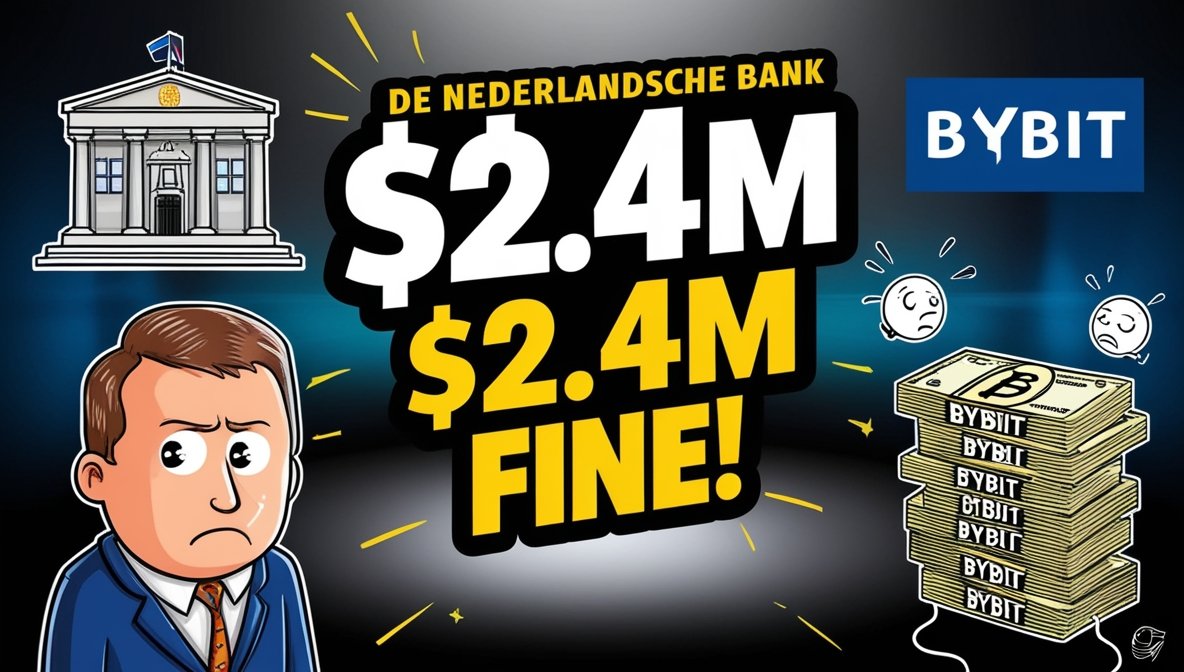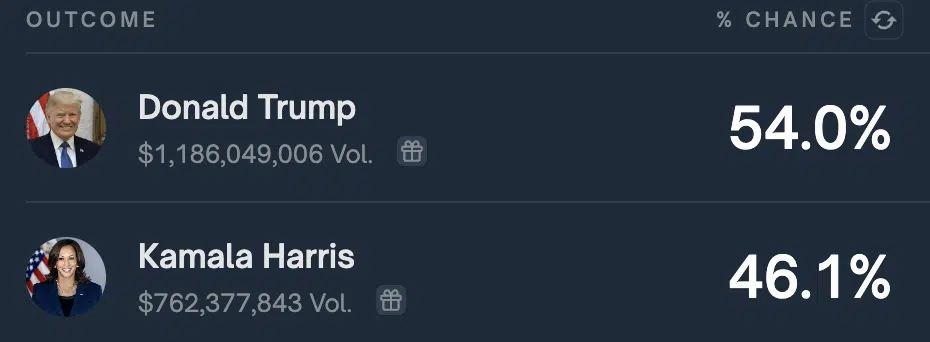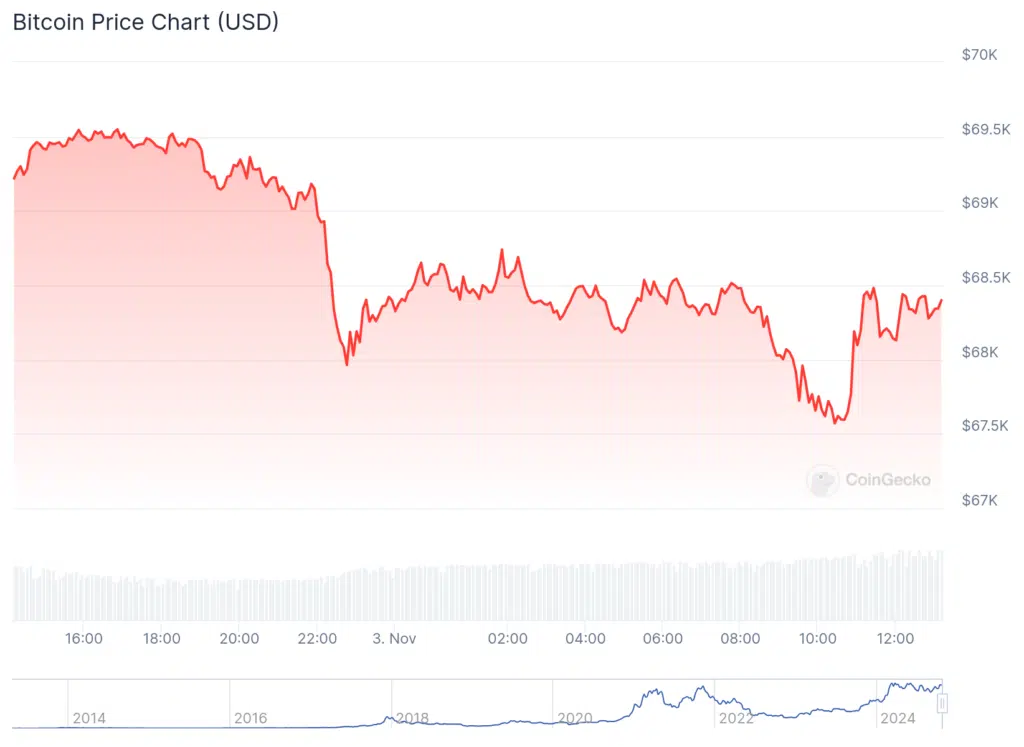In brief
De Nederlandsche Bank (DNB) fined cryptocurrency exchange Bybit $2.4 million for operating in the Netherlands without requiring registration. The fine is an example of how anti-money laundering regulations are strictly enforced in order to prevent illegal financial activities in the bitcoin industry.
Bybit’s breach of Dutch legislation resulted in their punishment
De Nederlandsche Bank (DNB), the central bank of the Netherlands, fined Bybit €2.2 million ($2.4 million) for providing bitcoin services in the country without the necessary registration. The Anti-Money Laundering and Anti-Terrorist Financing Act requires cryptocurrency providers to register with the DNB in order to prevent illicit financial activity, and Bybit was fined on October 22 for breaking this law.
YOU MIGHT ALSO LIKE: Solana Breaks Records Across the Board – Is SOL About to Skyrocket?
In order to prevent illicit money transfers, registration is required
Bybit’s noncompliance, according to DNB, made it more difficult for the business to record odd transactions, which is a crucial legal requirement in the Netherlands. Given that “Bybit was unable to report unusual transactions to the Financial Intelligence Unit-Netherlands during the period of non-compliance,” DNB emphasized the dangers associated with the absence of regulatory control in the cryptocurrency sector.
Consideration of Severity and Mitigation Measures in Fine
The fine amount, according to the central bank, is indicative of the “severity, extent, and duration of Bybit’s non-compliance.” However, DNB pointed out that Bybit’s efforts to resolve the matter resulted in a minor reduction in the punishment, since the company moved its Dutch clients to SATOS B.V., a local partner that possesses the required registration to serve Dutch clients.
Bybit’s Response and Committed Adherence
In reaction to the penalties, Bybit reaffirmed its commitment to regulatory compliance and acknowledged DNB’s ruling. The firm stated in a news release that “remediation efforts were initiated in 2022 to minimize potential financial damage.” Bybit CEO Ben Zhou emphasized the company’s dedication to “responsible growth” within the EU regulatory framework, saying, “We remain committed to working closely with European regulators to build a responsible and transparent ecosystem.”
YOU MIGHT ALSO LIKE THIS: Forexeko by Avenix Fzco: Revolutionizing Forex with AI-Powered Strategies for the Modern Era



















